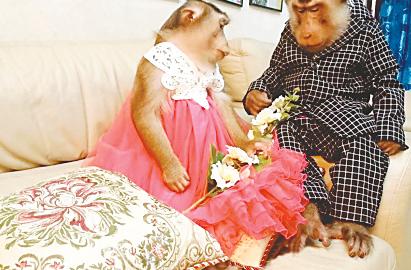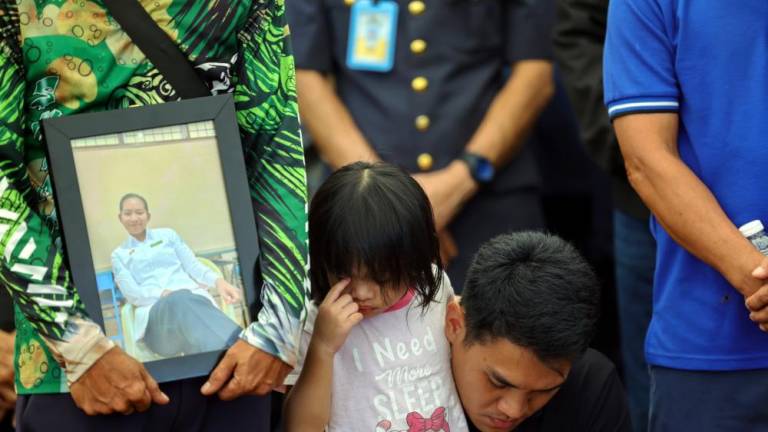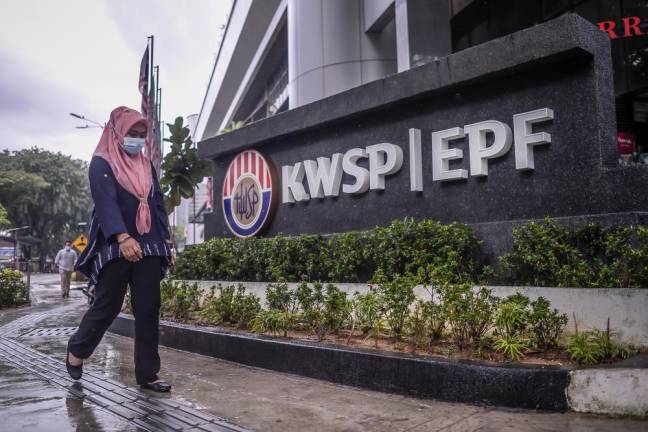PETALING JAYA: An animal lover, who also owns two macaques, has asked detractors and naysayers to show proof that he has caused distress to his pet macaques.
Responding to an open letter by an animal coalition, Jamil Ismail said he has been taking care of the two macaques, which he named JK and Shaki, for almost 20 years now.
“I take care of how they eat and drink, and when they are sick, I take them to see a veterinarian in Zoo Negara,” he told theSun yesterday.
He added he has a licence from the Department of Wildlife and National Parks Peninsular Malaysia (Perhilitan) for 19 years, and has never failed to renew it annually.
He also said he maintains the living standards of the macaques in accordance with the Wildlife Conservation Act 2010.
“For example, JK, the male macaque, must be kept on a leash with a neck collar for 24 hours, while Shaki has her leash tied around the waist. JK’s fangs were also cut short so he cannot bite and hurt people,” he said.
He also constantly updates the conditions of his macaques on Facebook and YouTube and he keeps an open communication with Perhilitan so they may come over to conduct checks if there were reports against him.
“I urge those who do not believe in my dedication to be kind and take care of animals to come forward and show proof that I have done otherwise,” he said.
Earlier this month, the Asia for Animals coalition had called out three TV stations for featuring Jamil and his macaques in their programmes.
The three TV stations were TV Al Hijrah, Sinar TV and Buletin TV3.
The coalition had questioned Jamil’s eligibility and qualifications to take care of the macaques, which were often seen dressed in human outfits, and would be out eating at restaurants and be on motorcycle rides with Jamil.
“We have taken advice from primate specialist group Neotropical Primate Conservation in crafting our letter, addressed to three major TV stations in Malaysia to let them know that the needs of the macaques are certainly not being met in their current way of life.
“Not to mention the public health and safety risk posed by having two strong, adult wild primates regularly visiting public places such as restaurants and TV stations,” the coalition said in a statement.










